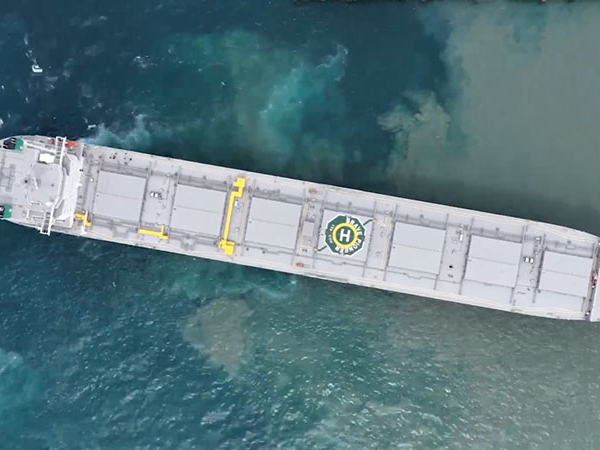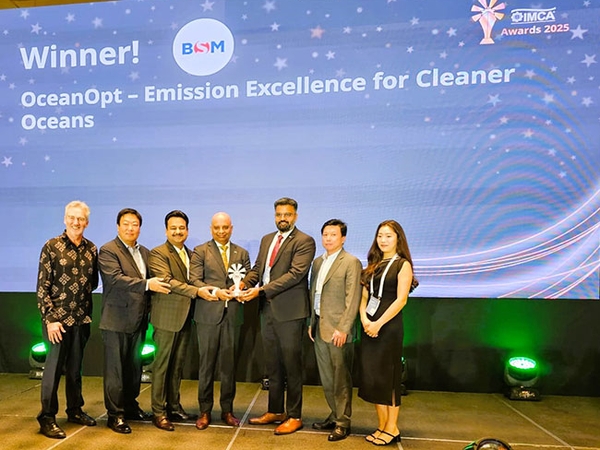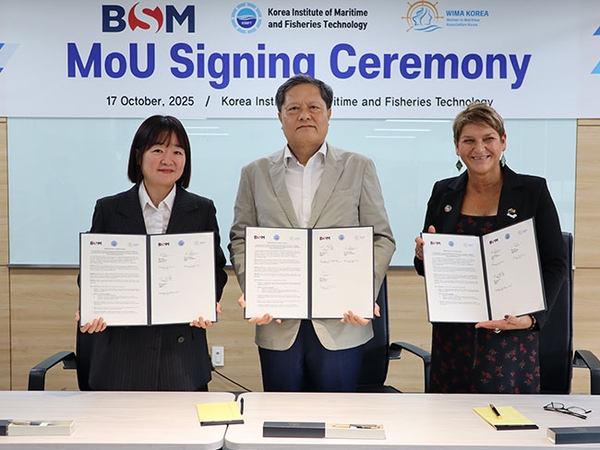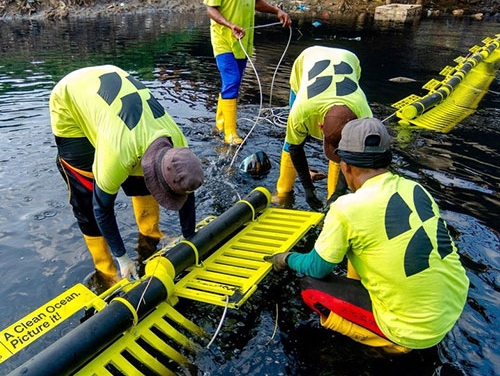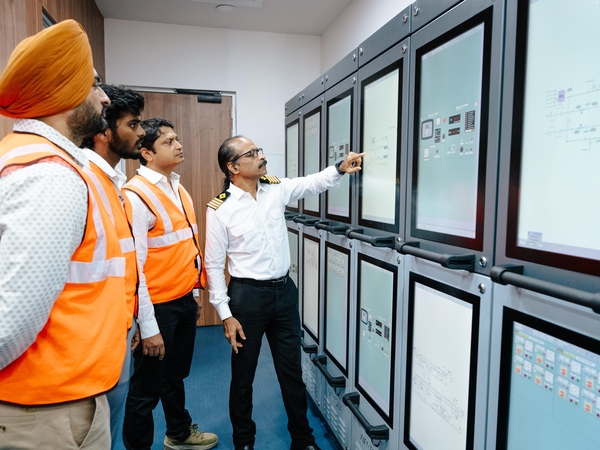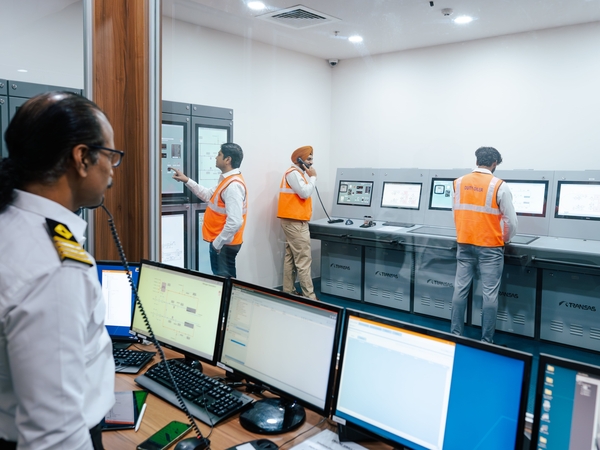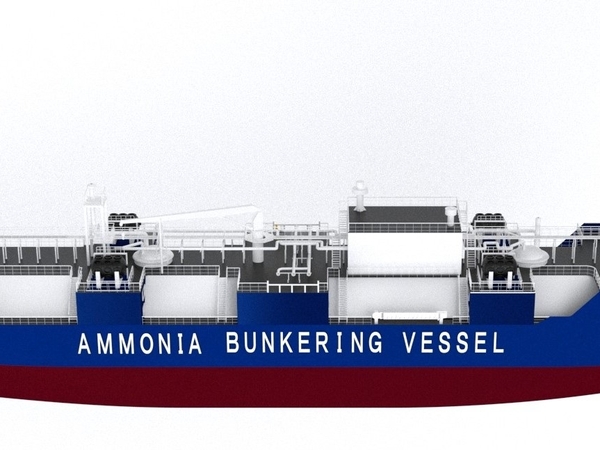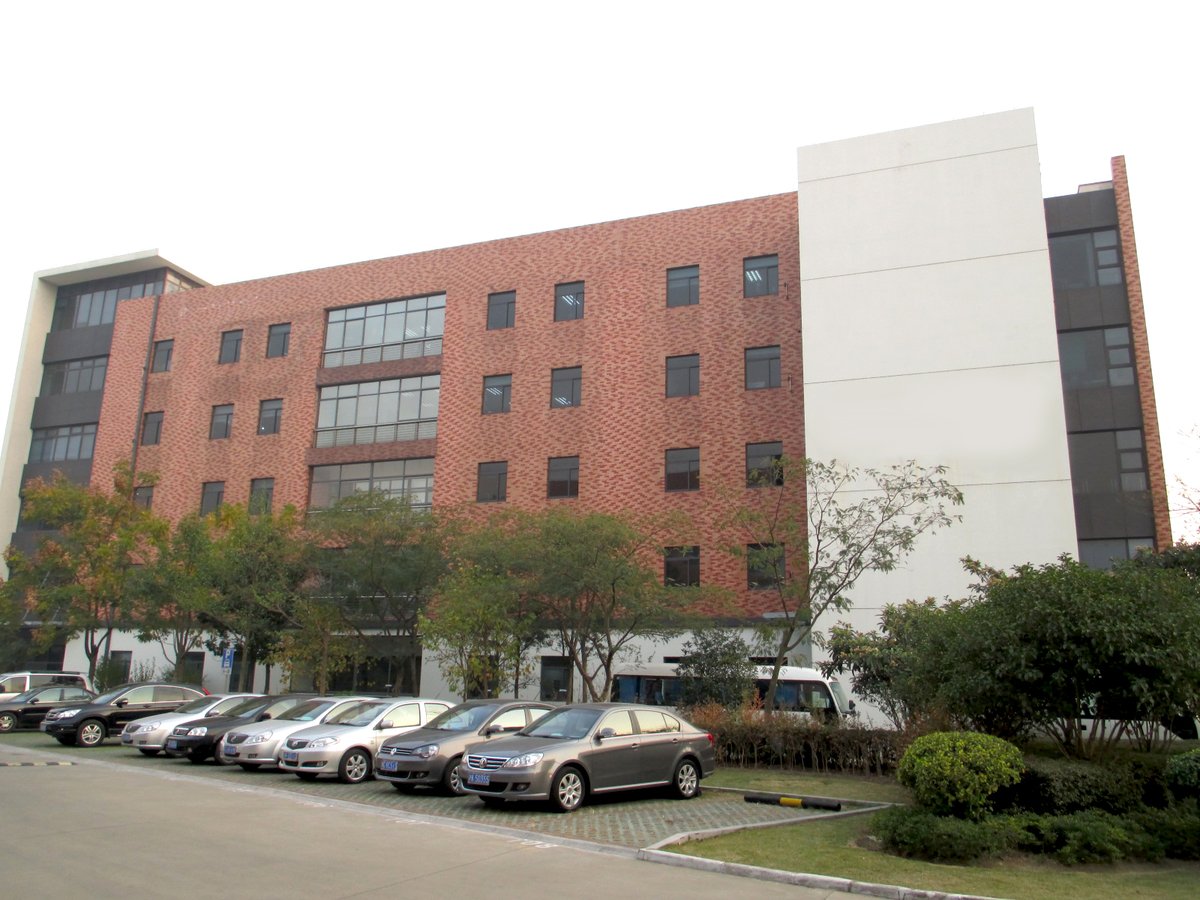
With more than 14,000 kilometers of coastline and around 2,000 ports, China is a maritime nation of vast proportions.
The country is today the world’s second largest economy by GDP and its leaders are committed to transforming China into a maritime powerhouse, with many seasoned commentators predicting that the city of Shanghai will soon become the world’s leading shipping capital and maritime centre.
Liu Mingfa is the Managing Director of BSM China and, as the Schulte Group celebrates 20 years of in-country operation, he explained how the Chinese shipping industry is changing and why it is becoming increasingly receptive to the use of high quality third-party ship managers.
“Chinese owners now play a significant role in the global shipping markets, Chinese shipyards have gained a strong position in the global shipbuilding industry and Chinese banks have stepped into the provision of finance in a material way, filling gaps left by western banks following the global financial crisis in 2008,” he explains.
“As far as ship managers are concerned, there is much interest amongst owners in China. There is a new generation of privately held companies, building fleets of up to 50 vessels and trading internationally, who are very open to considering third-party management as an efficient way of managing these ships,” he adds.
Bernhard Schulte started building owned ships at Chinese shipyards and recruiting seafarers for its fleet in the mid 1990’s. The ship management business opened a representative office and began to recruit and train Chinese seafarers in 2002.
Mingfa takes up the story: “By 2005 we had a full representative office in Shanghai and were the first international third party manager to have such a presence here, managing five vessels in those days.”
By 2008 the Group had purchased its own property where the Ship Management, Crew Service and Maritime Training Centres are currently located, together with BSM’s newbuilding supervision focused business, Schulte Marine Concept, and Bernhard Schulte’s representatives in China.
Today, BSM China has 39 vessels under full management comprising 11 bulk carriers ranging from handysize to capesize, and 28 containerships ranging from 1,700 TEU to 9,000 TEU capacity. These ships are owned by 13 customers, 4 of whom are Chinese.
Through a long-standing commitment to training and development, the personnel based in Shanghai at all levels are a truly multinational team, many of whom have been with the Company for many years. In addition, there are more than 1,000 Chinese officers and ratings currently on board BSM managed vessels.
Mingfa is clear about where business growth will come from. “Our aim is to increase the number of Chinese owners and operators that we have as customers, and the preparatory work required to enable us to work with tanker owners is also underway.
Like all owners in today’s difficult market conditions, Chinese owners are seeking value in the management of their vessels. “In the past, owning vessels has sometimes been a personal matter. Whilst this is still the case, the new generation is increasingly looking at ship owning in a different manner.
“If a ship manager can convince an owner that they can operate their vessels more efficiently with a continuing emphasis on safety, availability and reliability then they are prepared to listen. Moreover, if an international ship manager such as BSM can assist them to access the global market, I am sure we will see many more Chinese owners entrust their vessels to us,” he says.
“Equally, our established presence and crewing capabilities in China enable us to offer extremely competitive ship management services to international owners and this is another area that we are actively developing.”
“We have a global capability which, combined with local knowledge and expertise, enables BSM China to deliver high quality solutions to owners worldwide.” he concluded.
